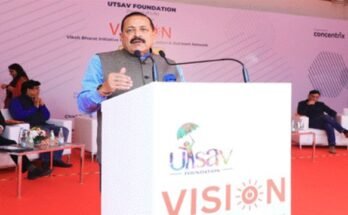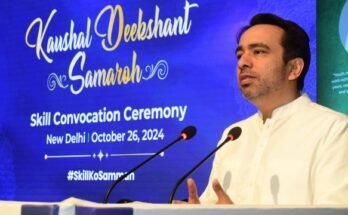After the successful functioning of 36 Flying training organizations (FTOs) operating at 57 bases, the Directorate General of Civil Aviation (DGCA) approves 54 AME Training Institutes. In a written reply to a question in Lok Sabha, the Minister of State in the Ministry of Civil Aviation Gen. Dr. VK Singh stated that there are various initiatives are being taken by the Government to promote and regulate training infrastructure for the civil aviation sector such as
- To augment the supply of trained pilots in the country, the Airports Authority of India (AAI) has brought out a liberalized Flying Training Organisation (FTO) policy whereby the concept of airport royalty (revenue share payment by FTOs to AAI) has been abolished and land rentals have been significantly rationalized.
- In 2021, after a competitive bidding process, AAI has awarded nine FTO slots at five airports at Belagavi (Karnataka), Jalgaon (Maharashtra), Kalaburagi (Karnataka), Khajuraho (Madhya Pradesh) and Lilabari (Assam). In June 2022, under the second round of bidding, six FTO slots were awarded by AAI at five airports namely: two slots at Bhavnagar (Gujarat), and one each at Hubballi (Karnataka), Kadapa (Andhra Pradesh), Kishangarh (Rajasthan) and Salem (Tamil Nadu).
- Directorate General of Civil Aviation (DGCA) has introduced Online-On Demand Examination (OLODE) for Aircraft Maintenance Engineers (AME) and Flying Crew (FC) candidates with effect from November 2021. This facility allows candidates to choose the date and time from the available exam slots.
- DGCA has modified its regulations to empower Flying Instructors with the right to authorize flight operations at FTOs. This was earlier restricted to the Chief Flying Instructor (CFI) or Deputy CFIs only.
- DGCA issued regulation, CAR-147 (Basic) – approved Basic maintenance Training organization. The regulations are in line with international standards of the International Civil Aviation Organisation (ICAO) and harmonized as per EASA regulations. The regulation streamlines the syllabus and skilled training requirements for the development of competent/ skilled manpower for the maintenance of aircraft.



